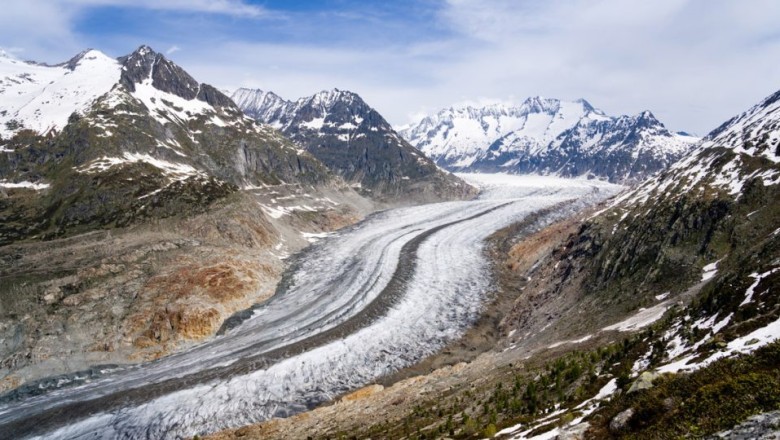
The Alarming Reality of Glacier Melting: A Call to Action
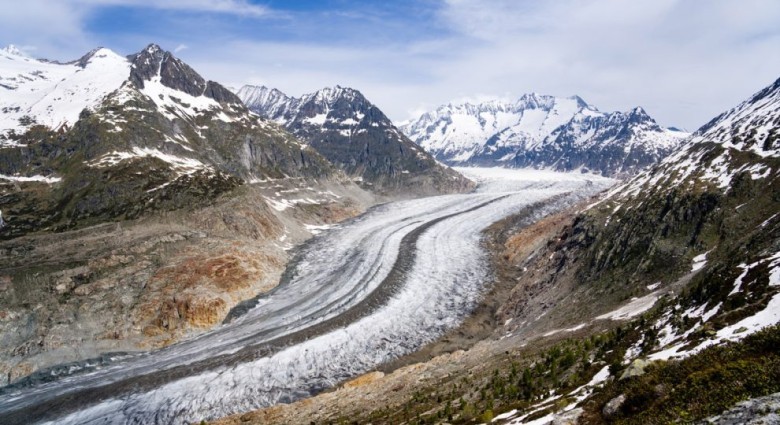
Introduction
The majestic glaciers that once painted our world's landscapes are facing an alarming fate. Their spectacular beauty, towering heights, and the life they support are under grave threat due to climate change. Since 1975, it has been documented that global ice flows have lost over 9,000 billion tons of glacial ice—an amount equivalent to a 25-meter-high block of ice that spans the entire size of Germany. This catastrophic melting has accelerated alarmingly, with record losses recorded in five of the last six years, as per the stark assessments from the World Meteorological Organization (WMO). If the current trend persists, the catastrophic repercussions on our ecosystems, climate balance, and human life will be profound.
The Global Crisis of Glacier Melting
A Worldwide Issue
The perilous melting of glaciers is not limited to a single region; it's a global phenomenon. From the towering Himalayas to the rugged Caucasus, the vast Andes, and the particularly hard-hit Alps, climate change is wreaking havoc on glacier masses across the globe. For instance, the Alps have come under severe duress and are projected to face total deglaciation in the future unless immediate action ensues. In 2022, history was made when the first mountain glacier in the German Alps lost its officially recognized status, leaving only four significant glaciers remaining.
The Essence of Glacial Systems
Glaciers are not mere ice formations; they are vital freshwater reservoirs that sustain millions of people. As UNESCO and the WMO have designated 2025 as the International Year of Glacier Conservation, they underscore an urgent message: the melt of these slow-moving rivers of ice signifies much more than the loss of ski resorts or idyllic mountaintops. Glaciers, alongside ice sheets, harbor approximately 70 percent of the planet's freshwater resources.
“These ancient ice formations are not simply frozen water—they are the keepers of our planet's climate history, the source of life for millions of people, and sacred places for many cultures,” emphasizes Audrey Azoulay, UNESCO Director-General. Celeste Saulo, Secretary-General of the WMO, warns that the melting of ice threatens the long-term water supply for countless communities, making the International Year of Glaciers a critical wake-up call.
The Data Speaks: Alarming Figures
The figures from the WMO paint a stark picture. Since 1975, glaciers have lost more than 9,000 billion tons of ice, excluding the ice masses of Greenland and Antarctica. When translated into familiar visuals, this colossal volume equates to a gigantic ice block the size of Germany, standing 25 meters high.
Recent reports reveal that 2024 alone experienced unprecedented glacier mass loss, with an estimated 450 billion tons of ice disappearing globally—the third consecutive year where every analyzed glacier region recorded net losses. Notably, five of the last six years have set new records for glacial retreat, with a particularly alarming trend observed in the Alps, Scandinavia, and North Asia.
The Consequences of Glacier Loss
An Ecological Catastrophe
The implications of glacial melting extend beyond aesthetic losses; they pose serious threats to ecosystems. Mountain glaciers serve as natural water reservoirs—often called "water towers"—that support biodiversity and contribute to the ecological balance of many regions. Their retreat disrupts the water cycle, affects flora and fauna, and diminishes the overall resilience of ecosystems.
In Asia, for example, millions of people depend on glacier-fed rivers. In their absence, the consequences would be dire, including the potential for severe water shortages and conflicts over dwindling resources.
Rising Sea Levels
Glaciers also play a crucial role in regulating sea levels. Since 2022, glacial melt has already contributed more than 18 millimeters to sea level rise, marking glaciers as the second-largest contributor after the thermal expansion of ocean water. While 18 millimeters may seem trivial, it can expose an additional 200,000 to 300,000 people to flooding annually for every millimeter rise. Thus, the integral link between glacial mass loss and rising sea levels cannot be understated.
Climate Feedback Loops
The melting glaciers amplify climate change through feedback loops. As ice cover diminishes, less sunlight is reflected back into space—known as the albedo effect—resulting in more heat absorption by the earth. This adds to global warming, leading to further ice melt in a vicious cycle that could spiral out of control.
Heritage and Cultural Significance
Sacred Landscapes
The cultural and historical significance of glaciers adds yet another layer to the consequences of their loss. Many indigenous cultures regard glaciers as sacred landscapes intrinsically linked to their identities and livelihoods. The implications of losing these glaciers go beyond ecological and economic aspects; they also involve the erasure of cultural heritage and traditions passed down through generations.
Tourism and Local Economies
The economic ramifications of glacier loss are stark. Regions that rely on glacial landscapes for tourism suffer significant financial losses as attractions diminish. Ski resorts and trekking routes that once thrived may become obsolete, leading to economic downturns in areas reliant upon visitor spending. Local businesses, communities, and jobs stand at risk as glittering glaciers melt into history.
Mitigation and Adaptation Strategies
Urgent Call to Action
To address the alarming trend of glacier loss, coordinated global efforts are paramount. Immediate action is necessary not just in terms of awareness, but in tangible strategies targeting root causes of climate change.
Emission Reductions
Reducing greenhouse gas emissions is the most pressing need. Transitioning away from fossil fuels, enhancing energy efficiency, and promoting renewable sources like wind, solar, and hydropower can help mitigate climate change and thus slow glacial melt. Collectively, nations must commit to agreements such as the Paris Accord, aiming to limit global temperature rise.
Sustainable Water Management
Innovative approaches to water management are needed to accommodate shifts in water availability due to melting glaciers. With changing hydrological cycles, communities must develop methods to conserve water, improve irrigation systems, and ensure sustainable access to this vital resource.
Protecting and Restoring Ecosystems
Preserving existing ecosystems and restoring damaged habitats can enhance the resilience of natural systems. Policies on land use and conservation should consider the ecological ties between glaciers and the surrounding environment, ensuring protection for vulnerable regions.
Education and Awareness
Public awareness campaigns need to be elevated to highlight the urgency of glacier loss. Education plays a crucial role in creating a community that understands and advocates for change. By instilling knowledge about the importance of glaciers, we can inspire collective action to preserve these vital natural resources for future generations.
Conclusion
The alarming trend of glacier melting serves as a stark reminder of the fragile balances that sustain our planet. As global citizens, we are connected to the fate of the world's glaciers, and thus, we must heed the call for action.
By joining forces to address climate change, bolster conservation efforts, and adopt sustainable practices, we can work towards securing the future of our glaciers—and by extension, our water supply, ecosystems, and cultural heritage. The need for immediate and collective action has never been clearer. We must act now to save the magnificent monuments of ice that hold our planet’s history, provide lifeblood to millions, and exemplify the beauty of the natural world. Together, we can turn the tide and ensure that our glaciers endure for generations to come.










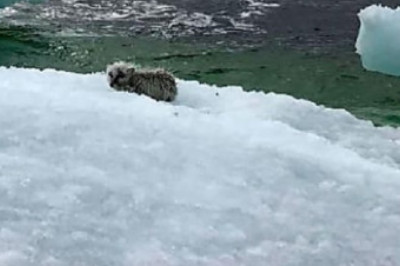





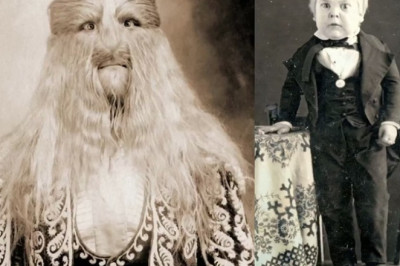


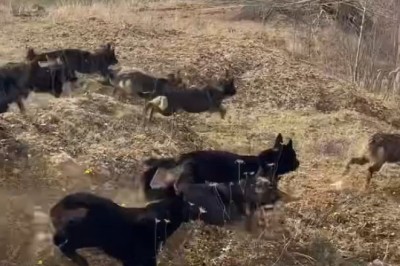
Comments
0 comment